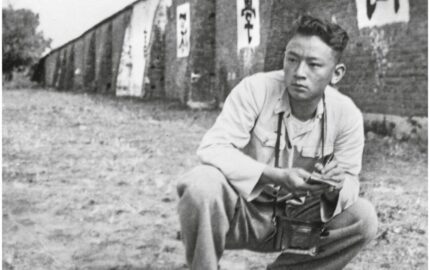Writing a book is like preparing a long newspaper series, only more so. First, I went to the law books to read the two appeals court decisions and then tracked down the FCC files at the National Archives at College Park, Maryland, to learn that a mere 10-page petition filed in 1964 had generated 25 grocery-sized boxes of documents during the next 16 years. I went through them all, some several times. At first much of what I found could have been in Greek for all I knew, but as I did more interviews and consulted other files, documents that had previously been meaningless took on relevance.
Having learned from inadequate record keeping for an earlier book, I marked files with their source, including archival volume numbers and locations, and set up filing systems, one chronological (for actions before the case began, turning points in the case, and the status today of issues it raised), the other alphabetical (for people involved, from FCC commissioners to WLBT employees).
This case’s paper trail was a rich one. In addition to the papers at the National Archives, I went to the Mississippi Department of Archives & History in Jackson, the Library of Congress, the Washingon National Records Center in Suitland, Maryland, and used collections of personal papers at colleges and universities in New York and Mississippi. These records enriched my interviews, helping jog memories of events that occurred 35 years earlier, and corroborating (or not) faulty memories.
Sometimes serendipity takes over. For example, Patricia Derian, a former Mississippi political activist and Clinton administration figure whom I knew had been involved in a latter stage of the case, told me that in 1964 she and another woman I knew had helped monitor WLBT to document its programming. I would never have learned this on my own since the plaintiffs had promised never to reveal the monitors’ identities. Another time, when I was wrestling with the complexity of the last stage of the case, I looked back at a document I’d copied and forgotten. Attached to it were several news stories from 1973 detailing the case and quoting key players. Best of all, however, was Bill Greider’s Washington Post story in which he wrote that the case was like “a mudball fight in a small room.” That phrase had been there all along, just waiting for me to find it. Which, I suppose, could be said about all the stories in the book that were just waiting to be told.



